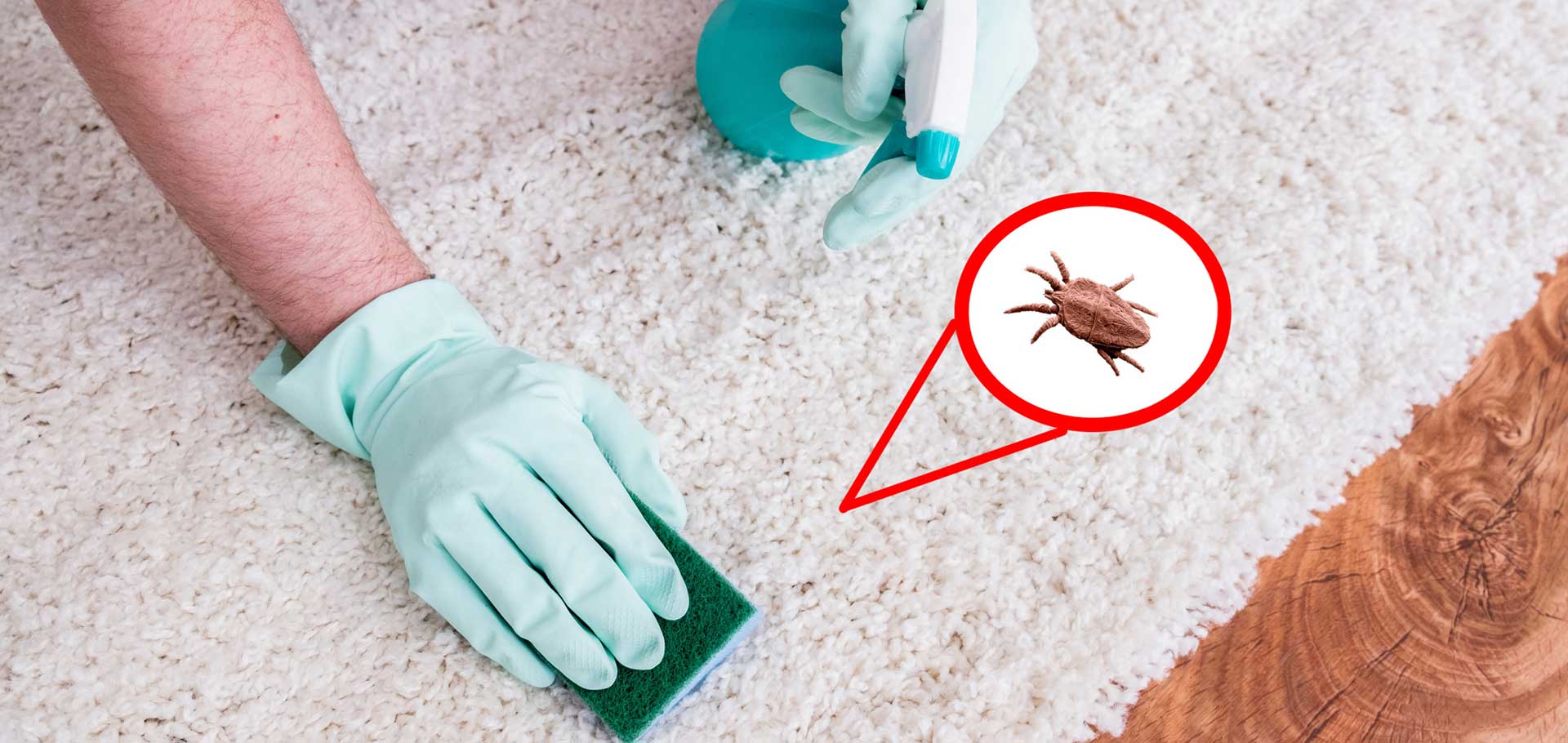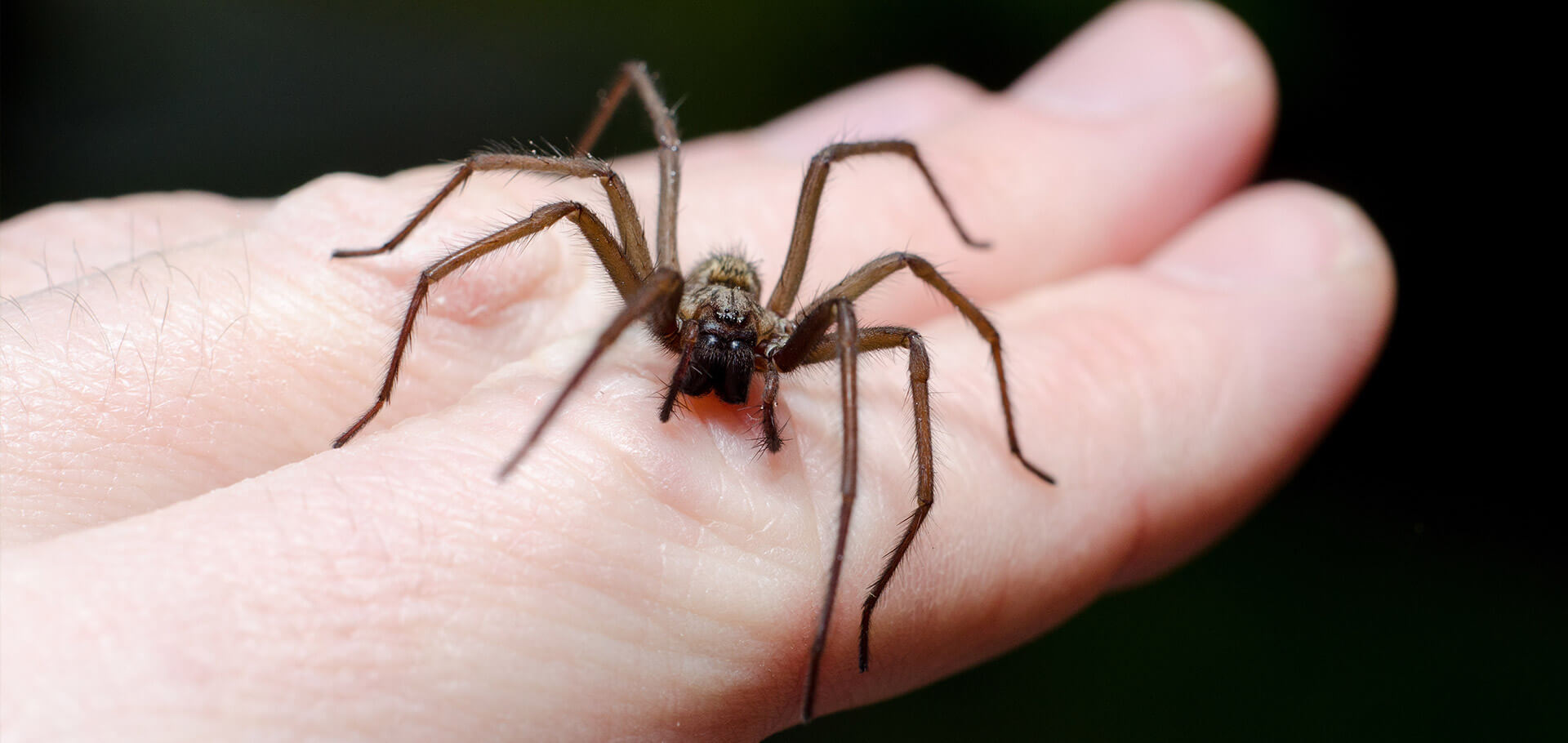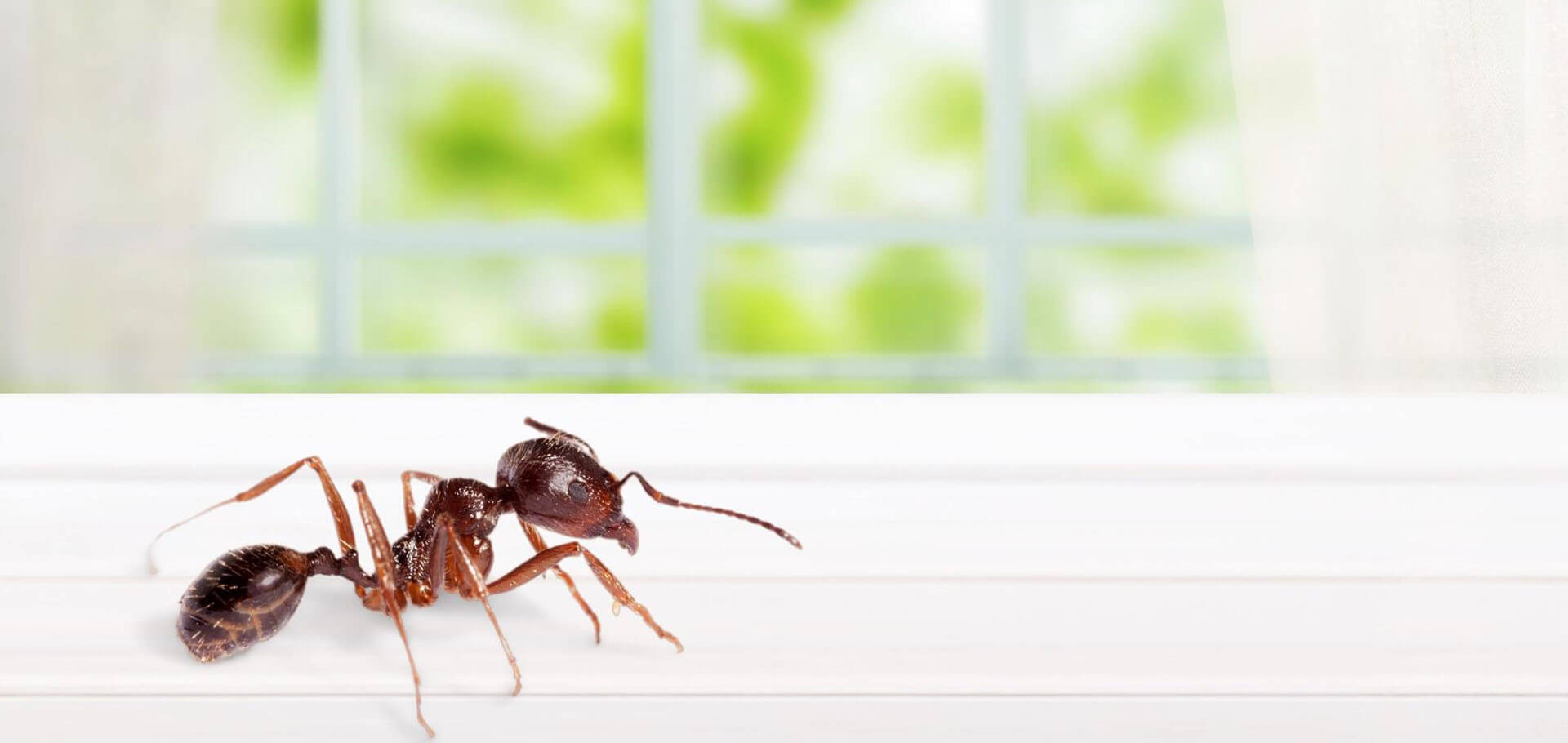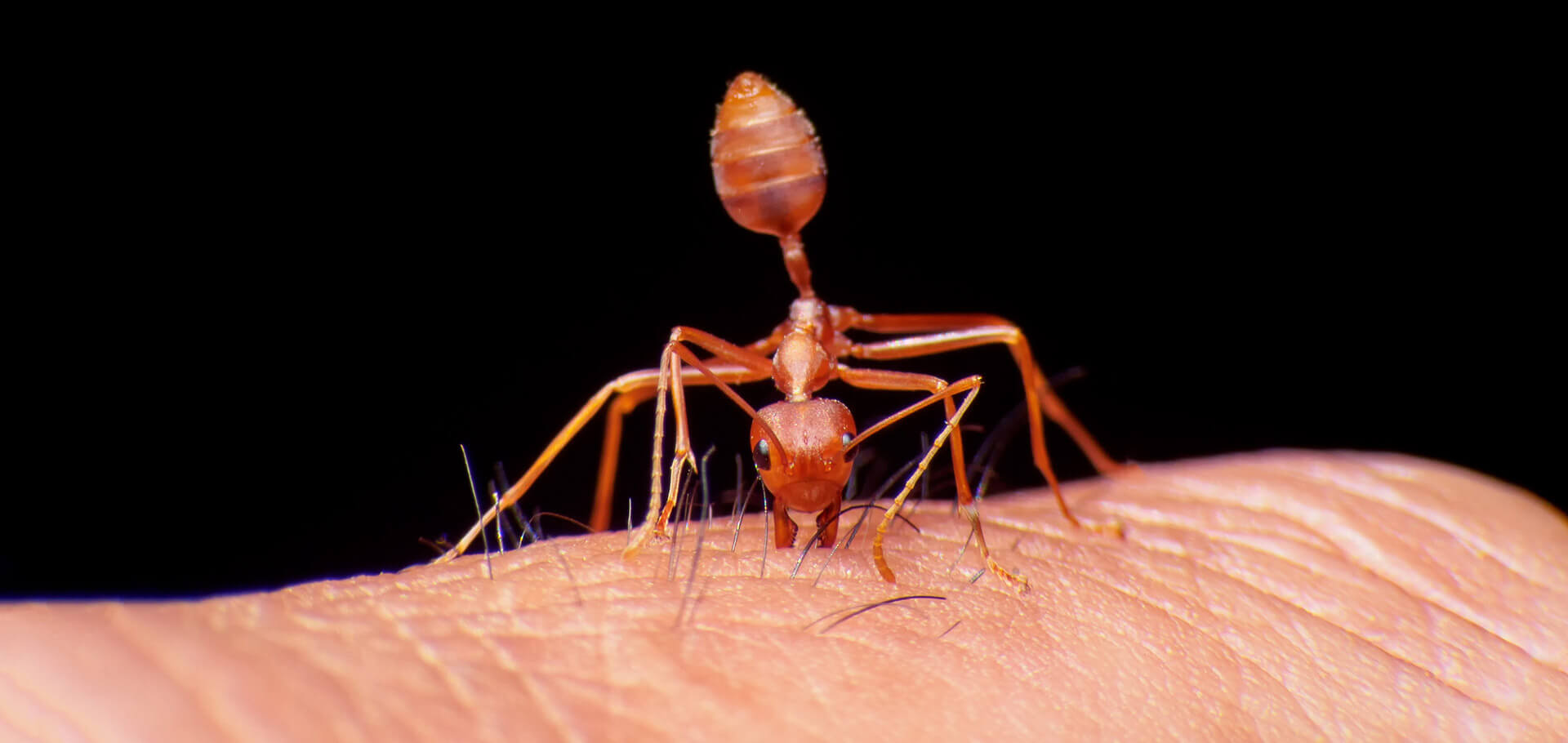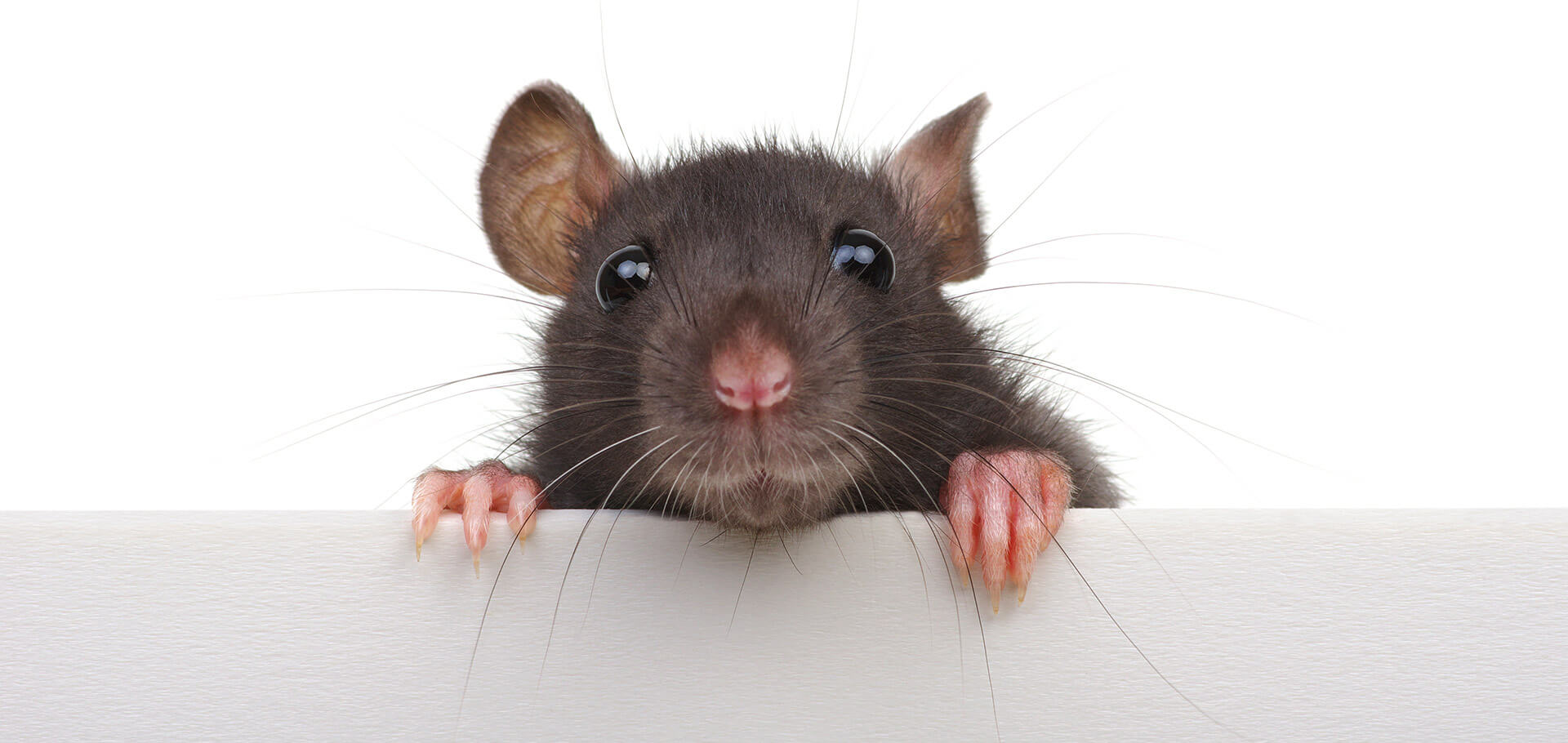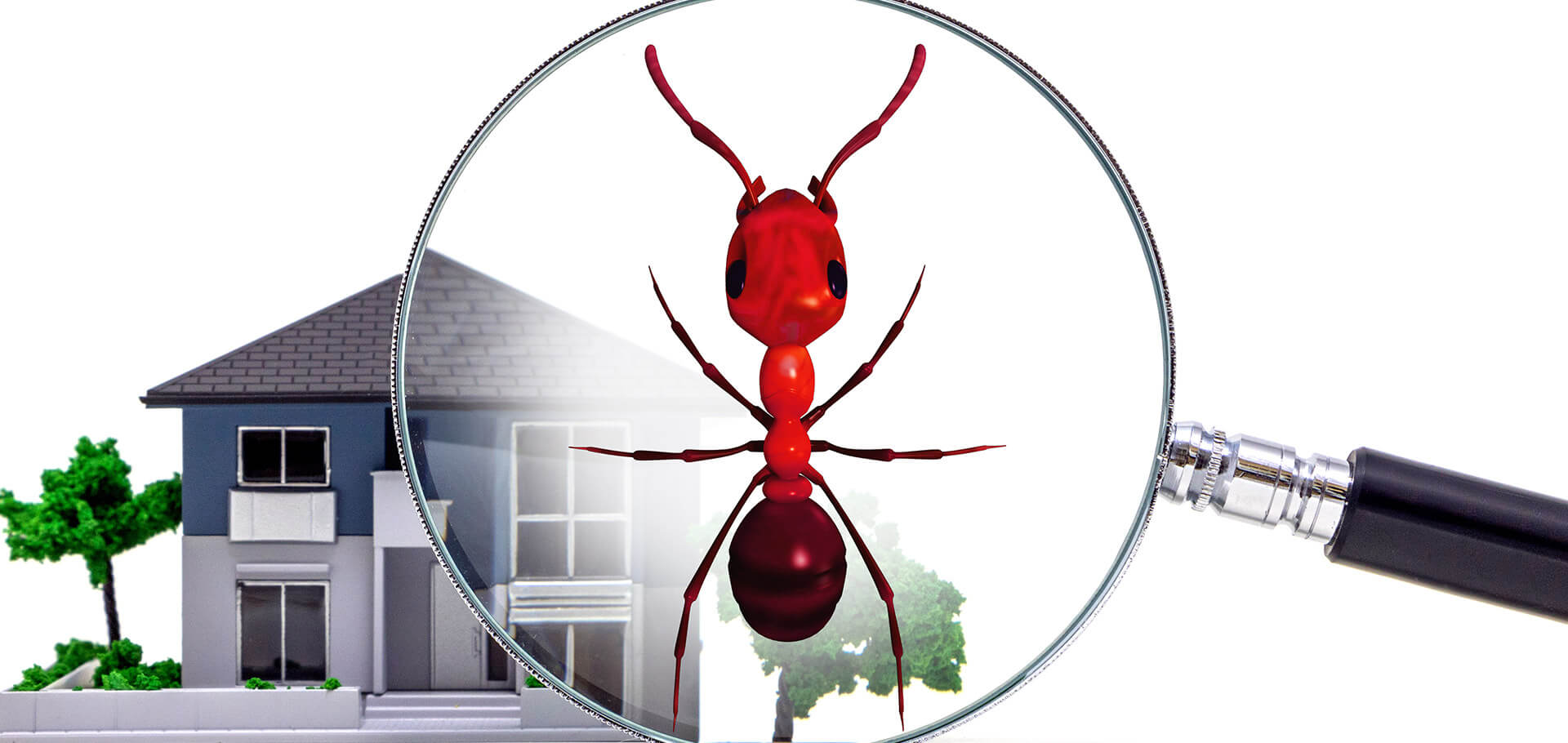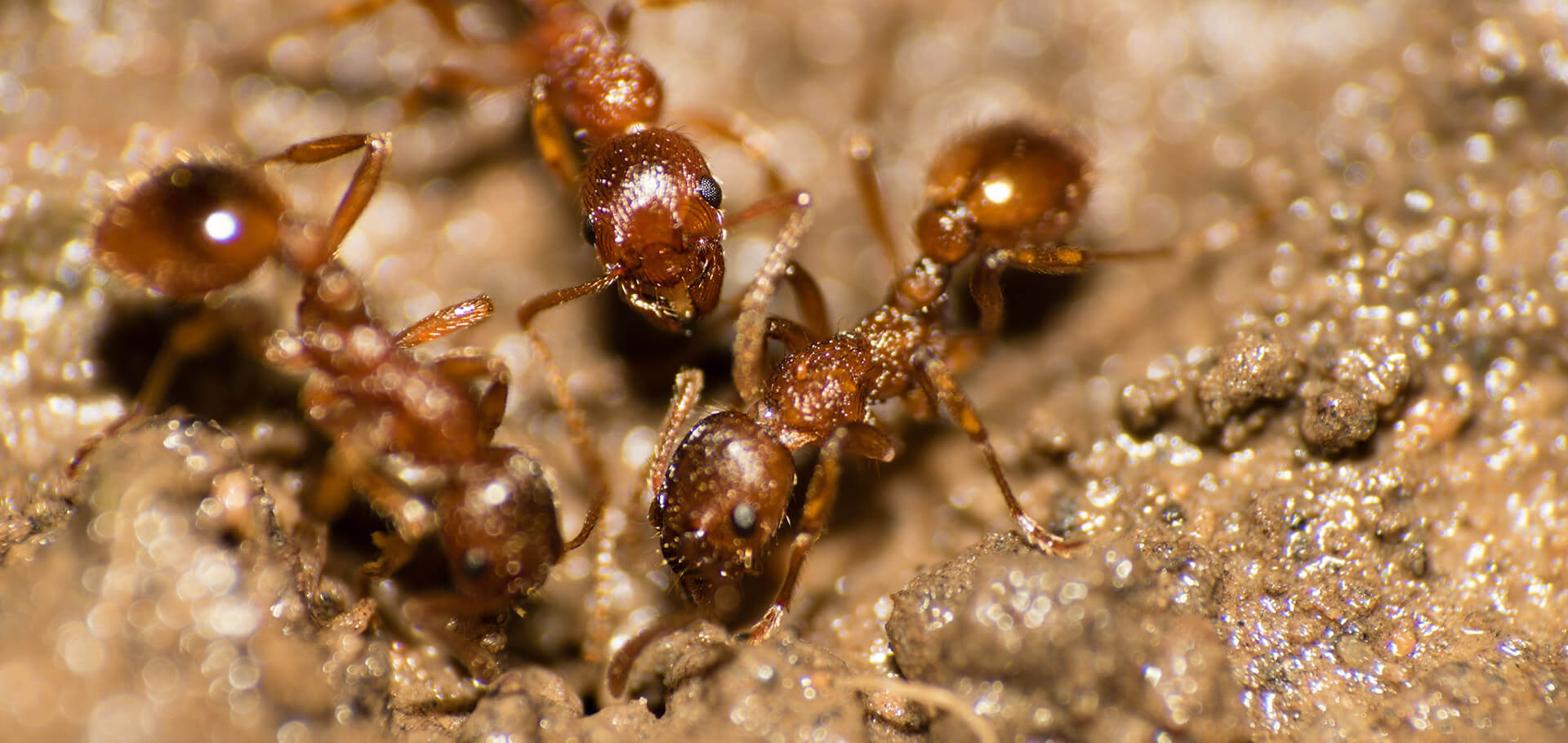Figuring out what kind of insects are lurking around your lawn or possibly infesting your home is no picnic. It can be especially hard to differentiate between common nuisance pests, like fleas and chiggers. Because of their size, it can be difficult to identify them. In the long run, though, knowing the difference between a flea and a chigger is imperative to properly treat bites and prevent infestations.
FLEAS
Fleas are small reddish-brown insects. In order to survive and lay eggs, fleas feed off their host’s blood.
- Their saliva has a numbing agent keeping your body from being aware of the bite until it is too late.
- Once a female flea has feasted, she is then able to lay up to 50 eggs in a day. This further leads to a multiplication problem and an infestation.
- A key difference between fleas and chiggers is that fleas feed during the adult stage. Chiggers however feed when in the larvae stage.
- In terms of how they bite humans, flea bites tend to be concentrated around the ankles and feet region because they can only jump up seven inches vertically.
- A flea’s bite is typically in a straight-line cluster of three to four bites surrounded by red halos. When determining if you came in close contact with a flea, the most distinguishable feature will be the red halo ring.
- Fleas reside in woodpiles and tall grass and can be as neighborly as living in your front and back yard, so wearing long sleeves and long pant legs can greatly help in protecting you from insect bites outdoors.

CHIGGERS
Berry bugs, better known as chiggers, are tiny and red. These pests are part of the arachnid family.
- Chiggers get their nickname from being commonly found in grassy areas or berry patches. The difficulty in spotting them isn’t their hiding spot but rather that they’re small insects, at only 1/60th of an inch.
- Like fleas, chiggers’ saliva has a numbing agent that keeps their bites from hurting. Over time, the bite will swell and blister, which results in an everlasting irritating itching fit.
- Unfortunately, chiggers will stay attached for approximately four days, and it is only after they have detached that you’ll feel the long-lasting itch.
- As opposed to fleas, chiggers tend to attack areas where clothes fit tightly or at body creases: underwear bands, sock elastic bands, elbows, armpits, knees, and private parts. To them the warmer, tighter, and sweatier the more appealing an area is.
- A chigger’s bites will also be close together and widespread resulting in bites that resemble pimples, welts, blisters, hives, or a random cluster of bites throughout the body. An easy way to distinguish a chigger bite from a flea bite is by size since chigger bites are usually a lot smaller and resemble a small pimple.
- Chiggers can be found lurking in your lawn but prefer the shady, more moist areas and areas with thick vegetation.

Save Time, Call Us
By having both the knowledge and ability to accurately tell a flea bite from a chigger bite, you will avoid a multitude of problems from knocking at your doorstep. In the meantime, investing in some over-the-counter insect repellent can be a great step in the direction of prevention. These insects bug bites can lead to a serious allergic reaction and be detrimental to your general health. If bitten you can use at-home remedies like antihistamines to ease the side effects for the time being. Thankfully, Chorbie has specialized experts in the matter to help you out. Call a Chorbie expert today, to handle all your pest control needs.

